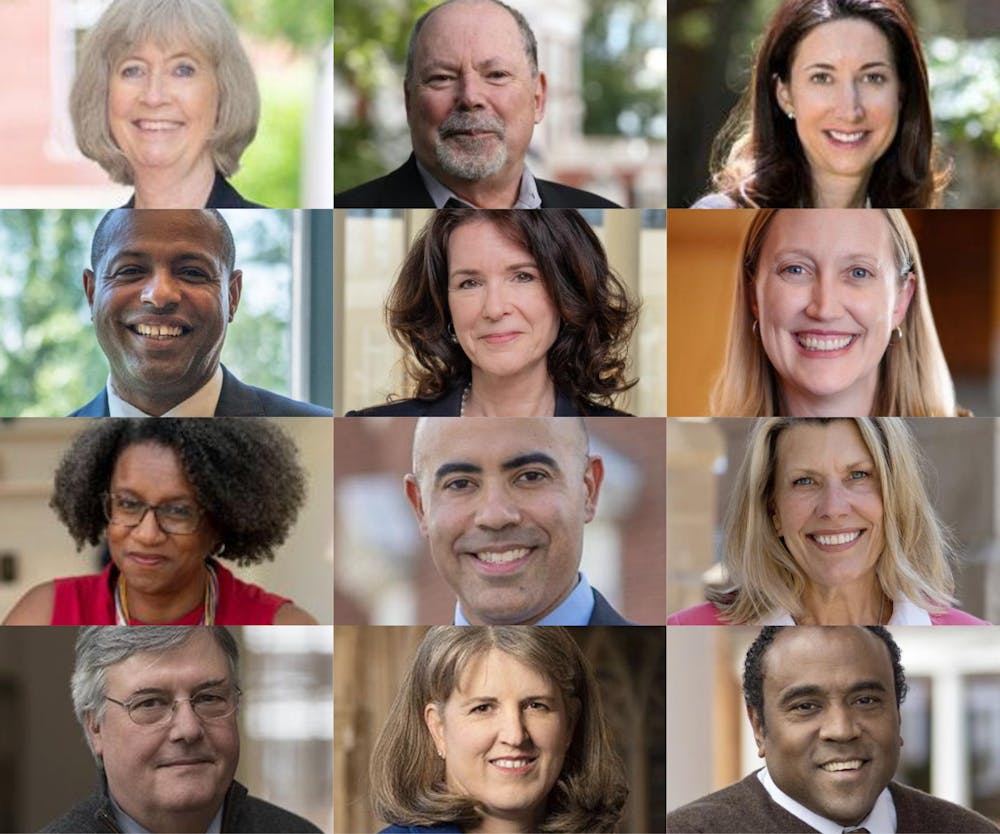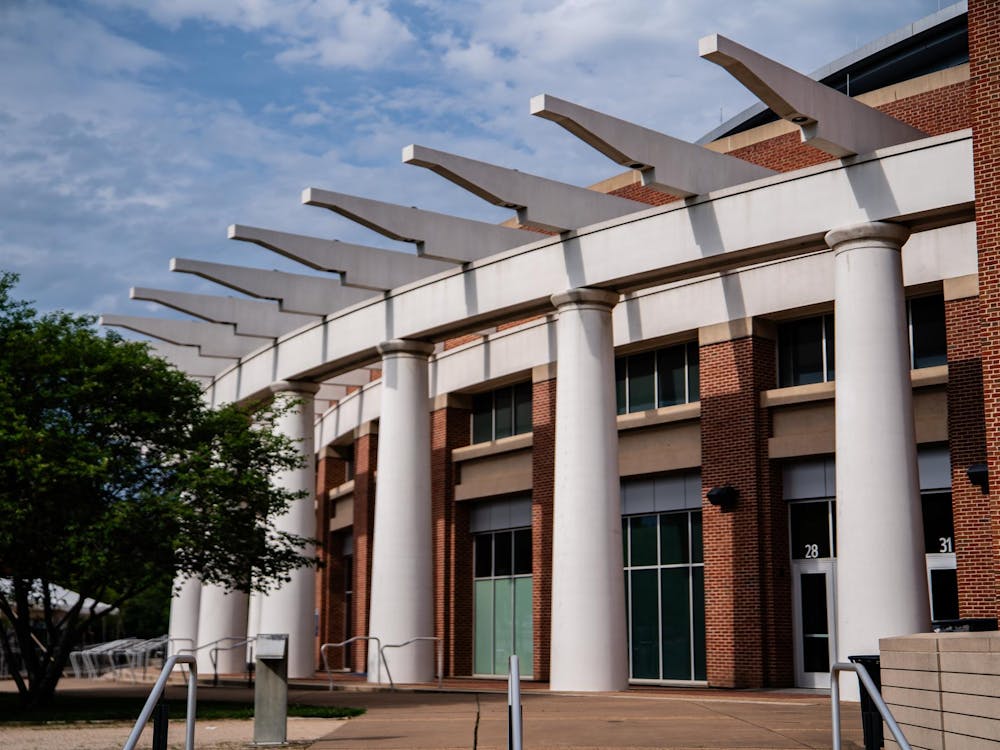In the wake of former University President Jim Ryan’s sudden resignation, 12 of the University’s 14 academic deans sent a letter to the Board of Visitors July 4 calling for transparency and expressing a desire to work alongside the Board during a time of "confusion and alarm” for many stakeholders.
“We can be your partners in supporting the very best outcomes for our students, our patients and the broader University community,” the letter read.
The Cavalier Daily obtained the letter from a source who wished to remain anonymous. The source said that, at the time of publication, the academic deans had received no response from the Board regarding their offer to meet with the Board “as soon as possible.”
The Board did not comment on this letter or whether it had offered a response. The deans who signed the letter also did not respond to requests for comment.
Two deans did not attach their name to the letter — Dean of the Darden School of Business Scott Beardsley and Dean of the School of Medicine Melina Kibbe. On behalf of Dean Beardsley’s office, McGregor McCance said Beardsley had been attending a funeral the weekend of July 4th. Kibbe did not respond to a request for comment.
The deans began the letter by clarifying that they were writing in their capacity as University leaders responsible for the direction of the University’s schools and for promoting the excellence of the University in teaching and research.
In the letter, the deans said that the sudden nature of Ryan’s resignation and the lack of explanation from the Board has created confusion among key stakeholders, including faculty, staff, parents and students. The Faculty Senate recently passed a vote of no-confidence in the Board and Student Council passed a resolution expressing “deep concern” about the external pressure which influenced Ryans’ resignation.
Additionally, the deans said that donors are withholding pledges, fundraisers suspended a multi-year campaign and new hires are rethinking their commitment to the University. They did not specify specific donors, campaigns or hires.
“While these sentiments are not universal, these expressions of concern and uncertainty have no precedent in our collective memory,” the deans wrote.
Going forward, the deans said that they wished to work with the Board to “foster trust, communication and effective governance.” They requested that the Board provide a full accounting of the circumstances surrounding Ryans’ resignation and negotiations with the Department of Justice.
They also said that faculty, staff, deans and student governance groups must be incorporated into the search for the interim president who must themself be a recognized leader in higher education who is willing to “support academic excellence and unfettered inquiry.”
They ended the letter with an offer to meet with the Board and a commitment to the University, a special public institution.
“We want our University to be known for all the right reasons, and we invite you to work with us toward that goal,” they wrote.







